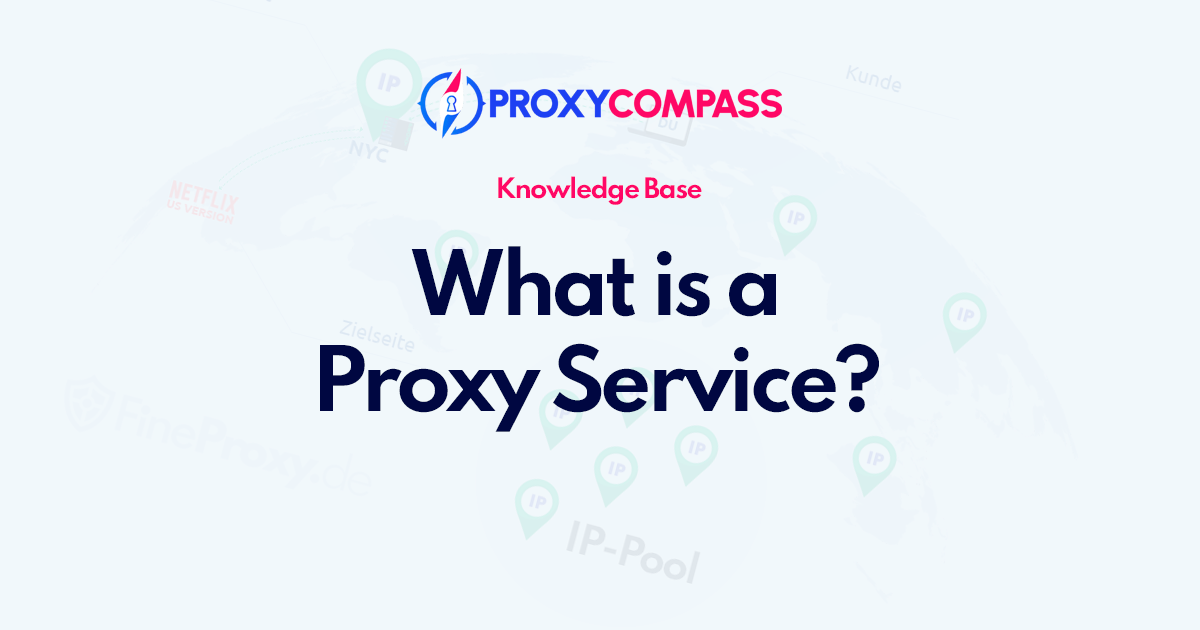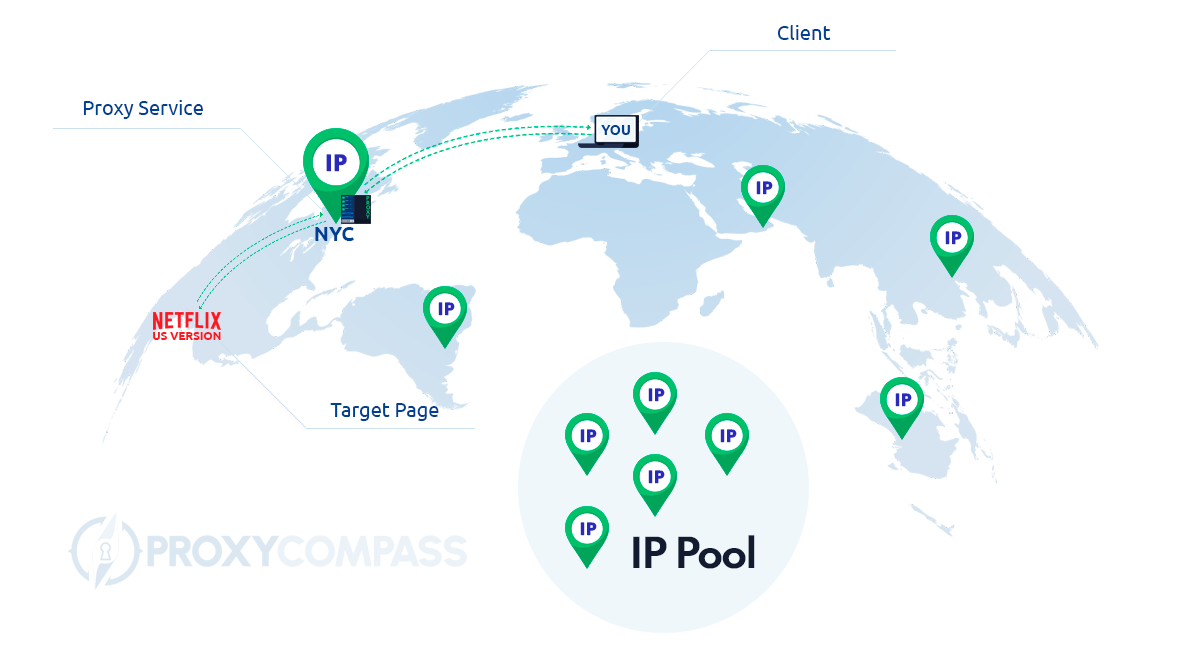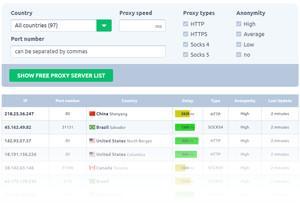
A proxy service is a company that owns multiple IP subnets and offers access to them on a commercial basis, in other words it leases out proxies.
The total number of IP addresses to which such a proxy service has access is called an IP pool. With the many companies that offer proxy servers, it can be difficult to find the right provider. To make the right decision, you should understand the main types of proxy services.

What types of proxy services are there?
There are different types of proxy services, which determine the level of efficiency and the cost of the service:




Why would you need Proxies?
If you work in a large SEO research company where many computers use the same IP address for keyword analysis, website analysis and other SEO operations, search engines may misinterpret your repeated and relentless visits to the same web address.
This access, which is interpreted as a unusual activity, can lead to you being blacklisted by search engines, i.e. blocked. This risk can be avoided by using a proxy server.
The different purposes of using proxy servers can be divided into several groups:
- Anonymisation: You can hide your IP address via a proxy server so that other members of the network can only see the address and location of the proxy server.
- Filtering: Proxies can also use filters to evaluate incoming requests and thus allow only certain types of requests to pass. This is often the case in corporate networks that block certain services, such as file sharing or gaming websites.
- Caching: Data is temporarily stored in a cache by a proxy server in order to be able to process duplicate requests faster. For example, if a client regularly requests the same document, it can be accessed directly by the proxy without having to connect to the actual target server. This often saves bandwidth and money.
In order to choose the most suitable proxy service for you, you should clearly know your destination. You can find more information about the different types of proxies in the 3rd part of our knowledge base.




